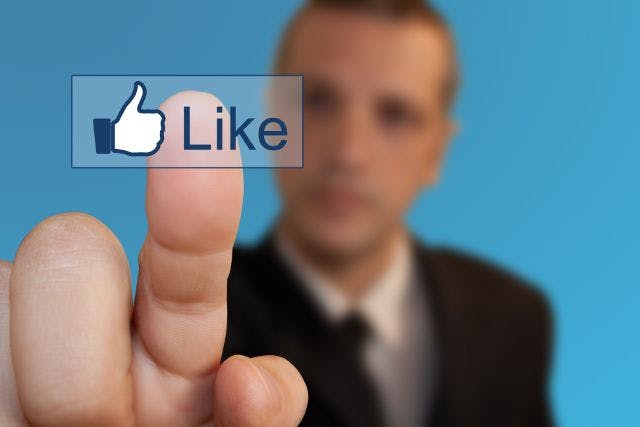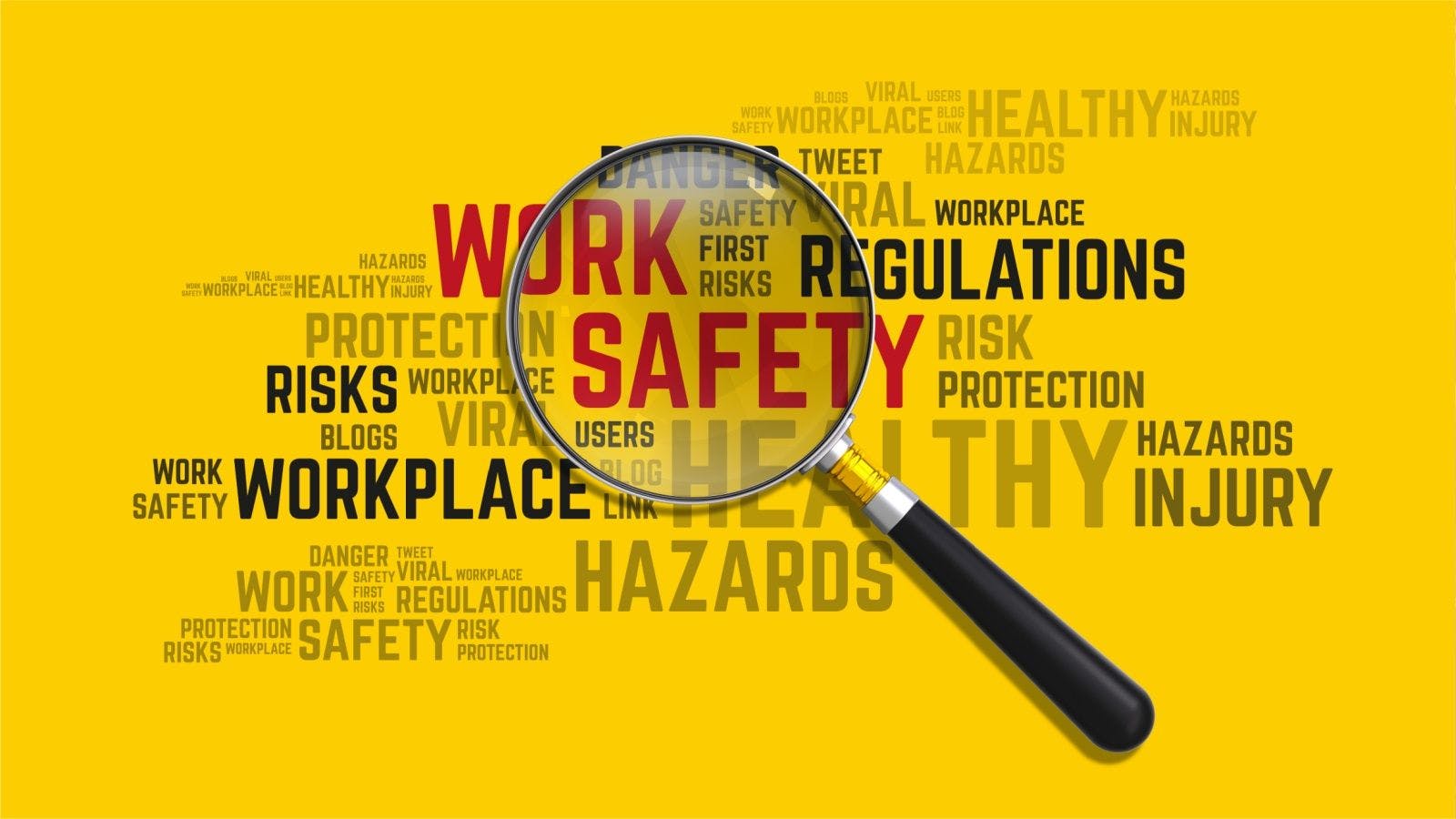
Control a Construction Company Image by Controlling Social Media
Failing to pay attention to the management of a company’s social media runs the risk of losing control of the messages the public receives about a business.
This danger hit home when the Blue Blinds Bakery, a small, local business in Plymouth, Mass., made the news for posting incendiary racial comments on its Facebook page.
The problem? The comments were not posted by the bakery’s management, but by a disgruntled former employee who had retained access to the company Facebook page. Although a company spokesperson tried to downplay the brouhaha that resulted, the fact remains that the bakery’s image took a serious hit.
Despite the proven reach and effect of social media, many business owners continue to dismiss the impact it can have on a company’s reputation. Otherwise sensible business people cede control of social media management to a youthful employee, helpful relative or a staff member who “knows about stuff like that.” Handing over control of social media without having safety checks in place is asking for trouble.
Before thinking, “That could never happen to me,” think again. Employees come and go, and sometimes a relationship may end with a bad taste in the mouth for the employee, employer or both. The owners of the Blue Blinds Bakery likely had full confidence in the employee who later torched them online.
In today’s world, it is important to account for every possible tie the employee might have to the company. It is easy to think of the traditional things, such as a company laptop or office keys. But access to the corporate Facebook page, LinkedIn profile, company website or blog must also be taken into consideration, as that is where real damage can occur. Rogue access by an angry worker can be as damaging as a third-party hack. Don’t give a disgruntled employee the ways and means to wreak havoc among customers and clients, or worse, steal company data.
Start by controlling which company employees have access (user name, password, etc.) to the company’s social media platforms. This access should be limited to those who will actually be developing and posting content. Spreading the work around among too many people also spreads exposure, as well as opening the company up to confusing or mixed messages.
Take the time to develop a written policy that defines who has access to the multiple social media accounts typically used by a business, states how those channels will be used and outlines a process for content development, review and approval. This policy should also include the steps necessary to cut off or block access when an employee is fired or leaves the company for any other reason. Even if an employee leaves on good terms, user names and passwords should be changed.
Another non-negotiable company policy: Sharing usernames and passwords is unacceptable and should lead to termination, fines or possible legal ramifications.
Good Intentions, Bad Results
A bad online image is not always the result of malice. An equally serious threat is allowing company’s online reputation to be managed by someone who does not have the knowledge or experience necessary to do it effectively.
Even taking the narrow view of social media as a “free” marketing channel does not diminish its value to the point where the company can let an amateur run the show, or fail to pay attention to what information is being distributed. Even the most loyal employee can harm the company unless they have an understanding of how to develop a message that helps to achieve corporate objectives.
The best approach is to assign social media responsibilities to the individual or team who is responsible for marketing. For many small contractors that means the owner; for others it is an internal marketing director or outside digital advertising agency. The important thing is to control access and properly manage content.
Effective social media management includes setting up a calendar to schedule posts, developing content in advance so that it can be reviewed and approved and only allowing content that has been “signed off” to be posted.
For a busy contractor this can be one more thing on an already full plate. But social media is a powerful marketing tool that can help connect with customers by creating visibility for a business. Make sure the reputation the company is building online is one that will benefit the business, not drag it through the mud.
Related stories








